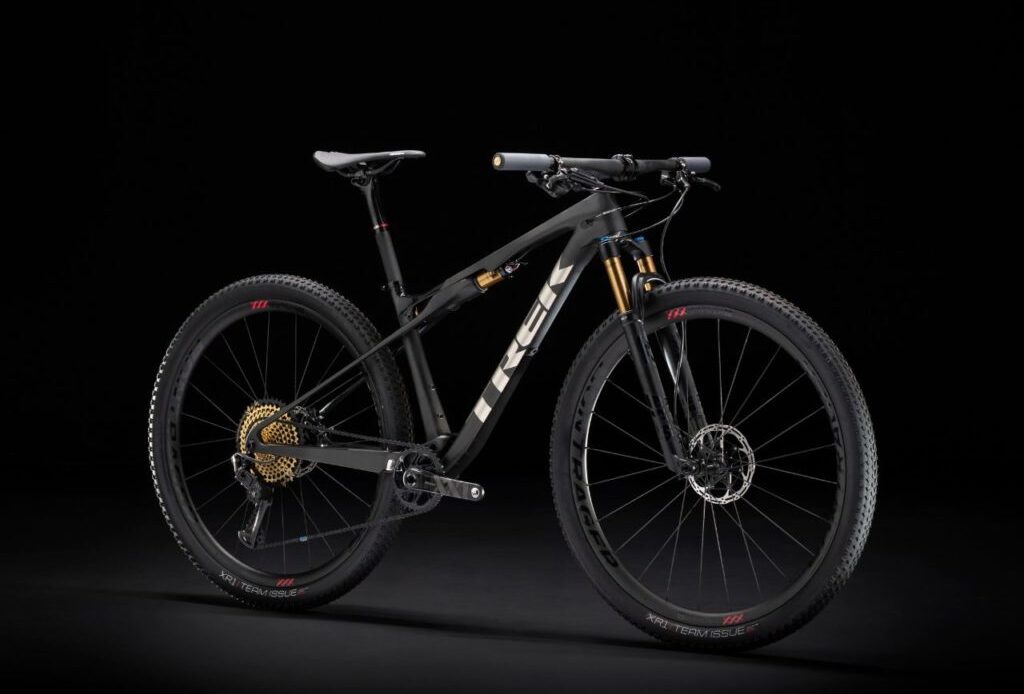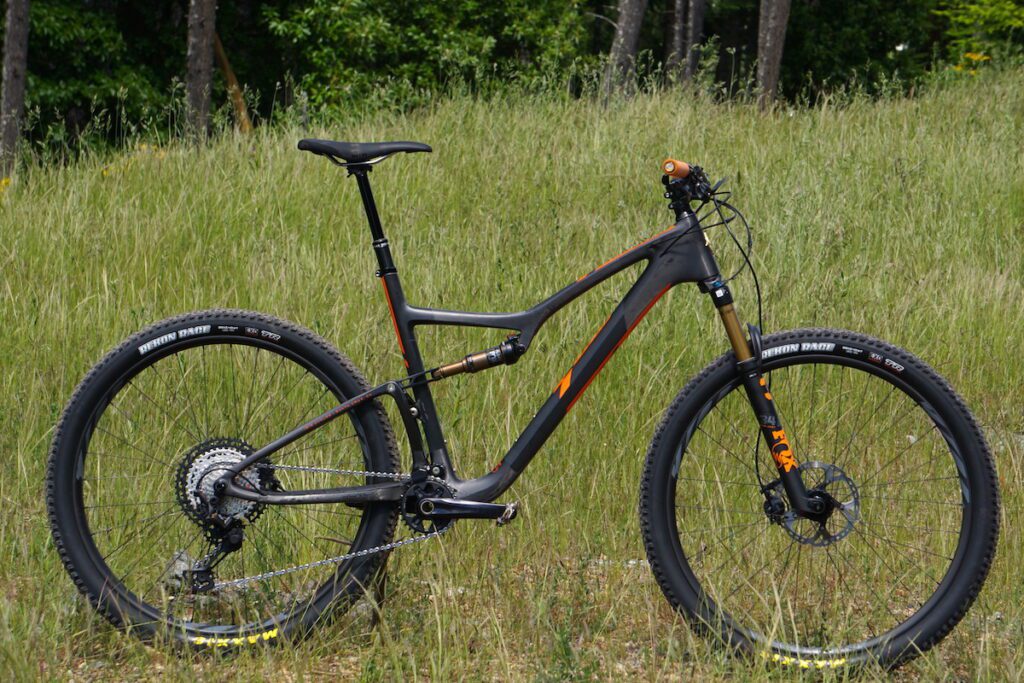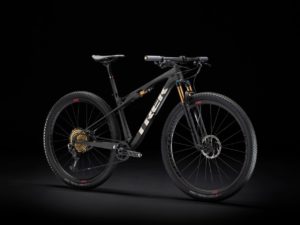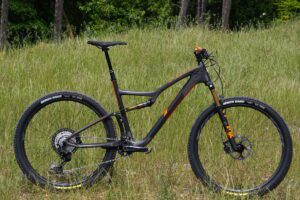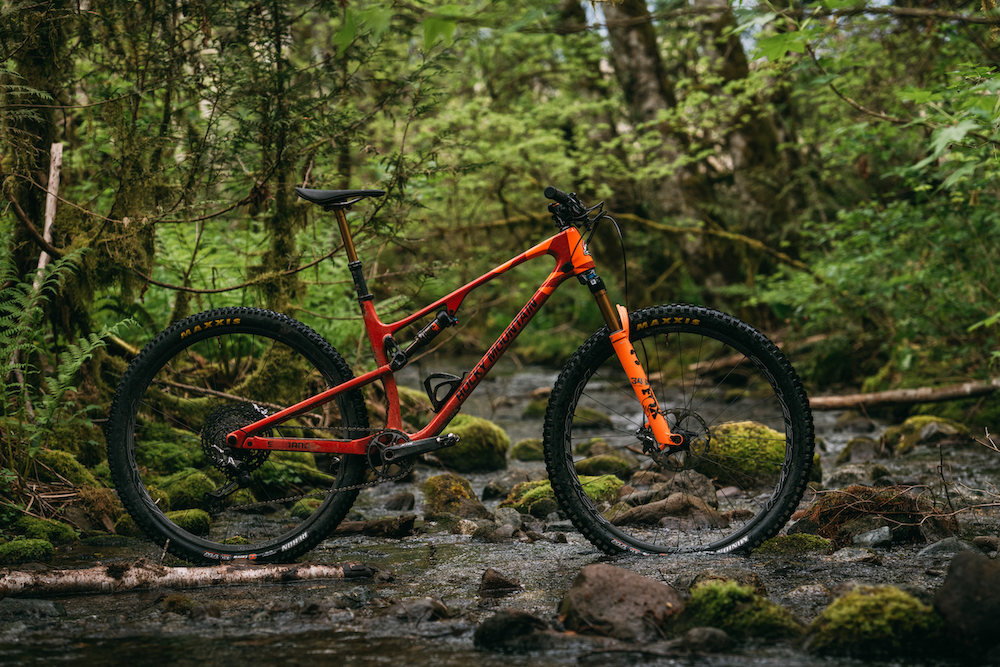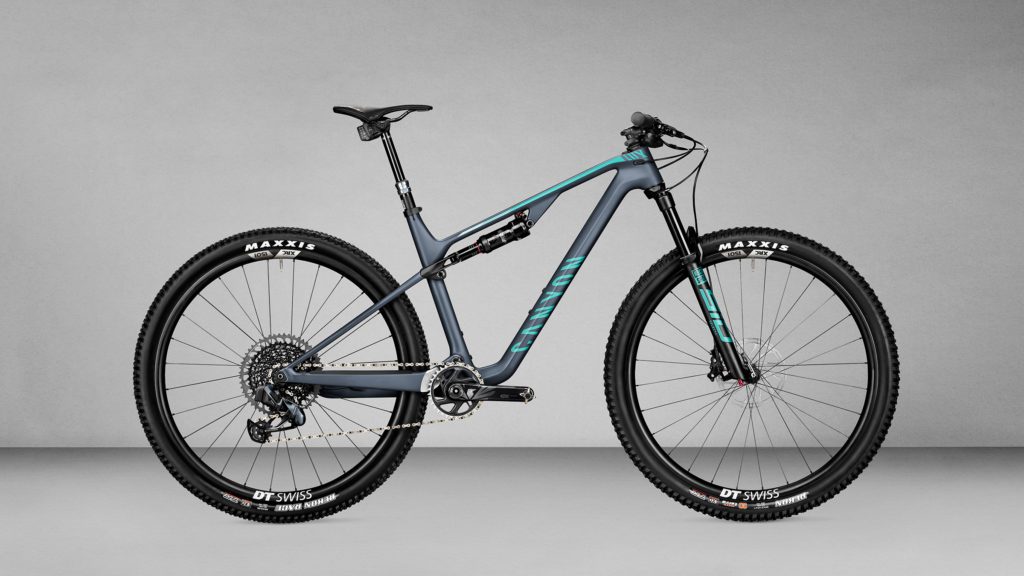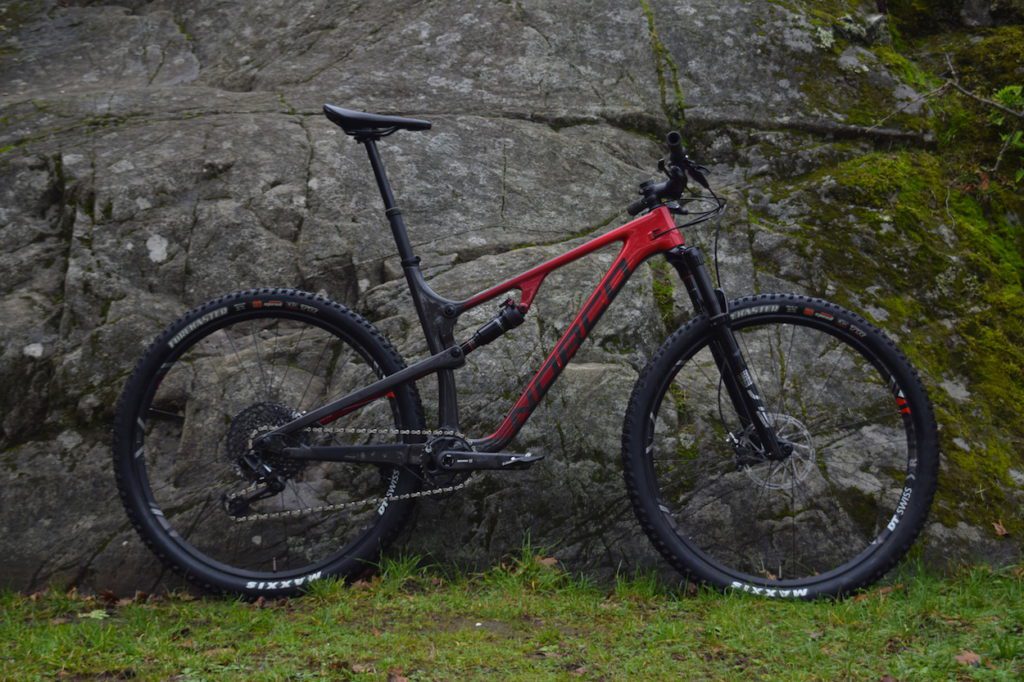Bike categories have never really been concrete, clear divisions but, with some recent developments, they are getting more confusing. What makes the difference between a cross country trail bike and a trail bike with short travel? How about the difference between XC and XC Trail? Or long-travel and short-travel trail bikes? And why are there so many categories now?
Brands try to put bikes in categories to make it easier for riders to understand what bike is best suited to their riding. But as the basic categories proliferate into endless micro-categories, the picture gets blurry. Especially when some cross country bikes, like the latest Rocky Mountain Element, have the same travel as some short-travel trail bikes, like the Giant Trance 29. These two bikes have quite different purposes.
So how do you tell them apart if suspension travel is no longer an easy guide? More importantly, how do you find the right bike for you? Below, we’ll break down the differences between categories and how to decide which one suits your style of riding best.
Cross country (XC)
Cross country bikes are designed to be fast and efficient, especially while pedalling. They have geometry that makes them comfortable for spending long hours in the saddle, typically have faster steering for winding through tight, technical trails and aim for a lower weight to aid in easier acceleration and climbing. They can be hardtails or dual suspension with just enough travel, up to 100 or 110mm of rear wheel travel, to take the edge off of roots and rocks and improve speed and control on descents. XC bikes usually use 29″ wheels for efficiency, though some brands still offer 27.5″ wheels in smaller sizes.
Cross country bikes are usually thought of as race bikes since they put such a strong emphasis on pedalling and climbing efficiency. They are, though, a great option for anyone who tends to ride flatter, smoother trails or anyone who enjoys climbing as much as they do descending.
Examples: Ibis Exie, Trek Supercaliber, Canyon Lux World Cup, Norco Revolver FS 100, Scott Spark RC.
Click Here to Read the Full Original Article at Canadian Cycling Magazine…

